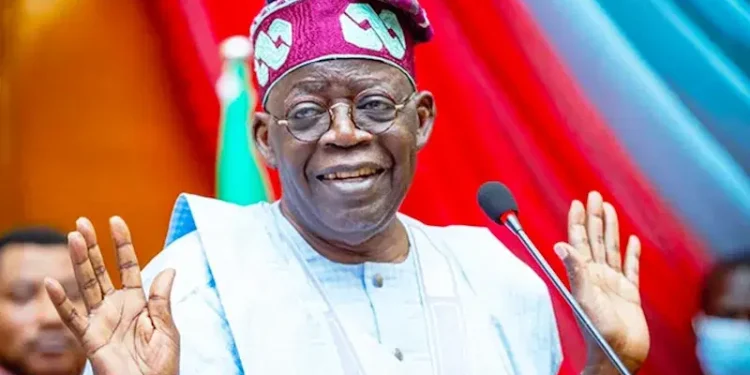President Bola Ahmed Tinubu on Tuesday announced plans for Nigeria’s first-ever National Industrial Manpower Development Policy, saying the country’s greatest asset lies in its people rather than its natural resources.
He pointed to the urgent need to bridge the gap between educational output and industry requirements to unlock Nigeria’s economic potential.
Speaking during a keynote address at the opening of the National Industrial Manpower Summit (NIMS) 2025 at the State House Conference Centre, Abuja, the President, who was represented by his deputy, Vice President Kashim Shettima, said the country must urgently invest in its citizens or risk dire consequences.
The summit with the theme, “Manpower Development: The Bridge Between Potential and Productivity,” brings together government officials, industry leaders, academia, and international partners to develop actionable recommendations for workforce development.
“For a nation with a median age of about seventeen, Nigeria is an incredibly young country. This youthfulness is a gift, but it is also a responsibility. We must make our young people not just a demographic statistic but a central component of our policy-making process,” President Tinubu said.
He told participants that “an improvement in human capital, along with infrastructure and sound policy, is the bridge between development and setback in every nation,” adding that “we cannot afford to divest from our people because the world will not pause to wait for us.”
The President said the summit “is not just a forum for discussion; it is a call to produce actionable recommendations that will form the basis of Nigeria’s first-ever National Industrial Manpower Development Policy. I assure you that this administration will review, adopt, and implement viable proposals with urgency.”
“Our mission is to align the education and training of our young people, and indeed the larger workforce, with the needs of industry. We must reverse the mismatch between what our institutions produce and what our economy requires. This cannot be realised unless we foster robust collaboration between the public and private sectors to prepare young Nigerians for the demands of today’s job market,” he noted.
The President maintained that the disruptive technologies of the era require a constantly evolving workforce, warning that Nigeria risks widening the skills gap if it fails to prepare adequately for the demands of the new technological order.
He called for an industrial skills database, sector-specific manpower roadmaps, and an elevated status for vocational and industrial training, insisting that welders, machinists, technicians, software engineers, and factory operators must be “treated with the dignity, respect, and opportunity they deserve.”









